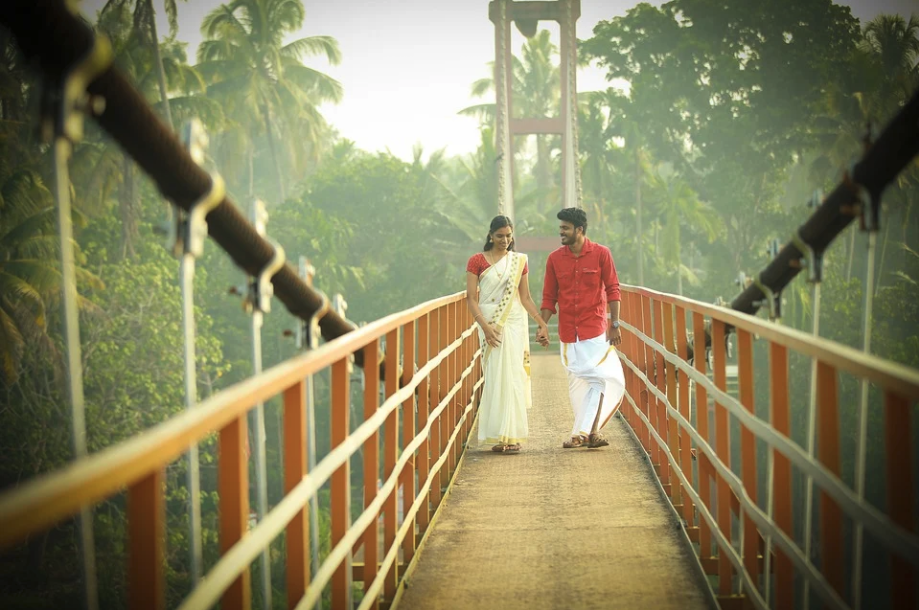
First off, happy (post) Valentine’s Day! It’s a day of love, of showing affection, and of reveling in the beauty of relationship. Or is it? For many, it’s a tough day. Those in tough relationships or those having a hard time finding that special someone can find the whole affair off-putting at best and downright depressing at worst.
Whether we are single, happily coupled, miserably coupled, exploring polyamory, or somewhere else in the world of love, this time of year offers a wonderful time for reflection on just what love is.
A historical look at love

Love is, no doubt, a universal human feeling. Right? Wrong. Or at least romantic love as we know it isn’t universal. Oxford University academic, Laura Ashe, who has written extensively about the Middle Ages of European history, argues that love as we know it is around 900 years old.
Before that time, love was often expressed more toward one’s fellow warriors or between students and disciples. Those who have been religious have always expressed love toward God or the divine. Love as an emotion seems universal. But just who is bound by love has changed.
Only as Western Europeans settled down for a break between massive wars and plague outbreaks did love as a romantic ideal emerge. At this time, according to historians, the Catholic Church, who had some element of rule over much of Europe, began to shift gears away from a focus on the “big guy in the sky God” and instead emphasized the “Jesus who died for us God.” This move may have led people to think more about the importance of relationships with those more or less equal to us. Or it may have been a consequence of people getting tired of steep hierarchies in all of their lives.
In any case, at this time the first real love stories between men and women emerged. Slowly over a couple centuries these became a genre and for many these reached an apex with the great English poet Geoffrey Chaucer (1340 – 1400).
Love in Buddhism
In 2010 and 2014 I taught Buddhist philosophy to study abroad students in Bodhgaya, India. These students were nearly all Americans, and nearly all upper-middle class or wealthier students at elite liberal arts colleges. In general, they were very smart and very earnest. And given that they were willing to give up life in the US for 4 months to live in poor, rural India, they were usually pretty dedicated as well.
One of my students decided to write his term paper on the question of romantic love in Buddhism. “Cool,” I thought. I had never really studied the topic and was interested to learn more.
Right off the bat we found three types of sources. First there were the scriptures. Second, new-agey self-help books that incorporated a lot of Buddhism. And third, actual Buddhists in the community around us.
The new-agey books provided some good, if not simplistic, advice on love. They suggested we need to love ourselves to love others. They also brought in Buddhist ideals like cultivating compassion in our relationships, the importance of accepting change, and so on.
The scriptural works and scholarship offered another angle. Buddhism, a generally renunciatory religion, had plenty to say about the problems of love and attachment. Much of Buddhist writing throughout history was done by male monastics for a male monastic audience. The advice on the ideal romantic relationship was, “don’t have one.”
When we talked to actual Buddhists around us, mostly Indians and Tibetans, we had another angle. First, few people really wanted to talk about love or their romantic relationships. When they did open up, their answers were short and pragmatic: “yes, I love my husband. He doesn’t drink too much and has a good job.” Or, “yes, I love my wife, she keeps the house very well and cooks good food.”
Global conceptions of love
My student and discovered that Buddhists in Asia had an entirely different concept of love. Yes, some had watched enough American TV to understand Western ideals. Some maybe even wanted that kind of life. But for the most part, what they wanted was a decent person, someone they could rely on to build a good life with.
Reflecting on the differences

A few years later I again reflected on the concept of love. This time I was living in a Buddhist monastery in China. I was thinking about the value of traveling to foreign lands and living in completely new places. These experiences, I think, can help expand our conception of who we are.
Montana is a really beautiful place. But if we never leave, how do we know that other places aren’t more beautiful? Do we trust reports from others? Or do we go and see for ourselves? If you can travel, I suggest you do so. Living abroad helped reorientate who I thought “I” was. Beginning as a dude who grew up in Montana, I learned more (from others) what it meant to be an American. And from there I learned more and more about what it meant to simply be a human on this planet.
From abroad I could listen to others and critically assess my country, my state, my past in ways that are difficult while living there. Even though China has been a “foe” for many Americans in recent years, I came to really appreciate much of their society. Being there made me think deeply about things like the value of individual freedom, and also its cost.
Perhaps love is a bit like traveling abroad. As we meet and fall in love with another person, we begin to see the world through their eyes and we can better see our own faults. This can be uncomfortable, but it also brings growth. And perhaps wishing to grow, and grow with another person, is love.
Our ideals around that might change over time, both historically and in our own lives. And who gets included might change as well. But love as growth seems to be a universal idea.
 Justin Whitaker, Ph.D., holds a doctorate in Buddhist ethics from the University of London. He has given lectures, and taught Buddhist studies and Philosophy at Oxford University, the University of Hong Kong, the University of Montana, and at Antioch University’s intensive study-abroad program in India. A certified meditation teacher, he is a regular contributor to Patheos.com, and Senior Correspondent for Buddhistdoor Global. He lives in Missoula with his family.
Justin Whitaker, Ph.D., holds a doctorate in Buddhist ethics from the University of London. He has given lectures, and taught Buddhist studies and Philosophy at Oxford University, the University of Hong Kong, the University of Montana, and at Antioch University’s intensive study-abroad program in India. A certified meditation teacher, he is a regular contributor to Patheos.com, and Senior Correspondent for Buddhistdoor Global. He lives in Missoula with his family.
